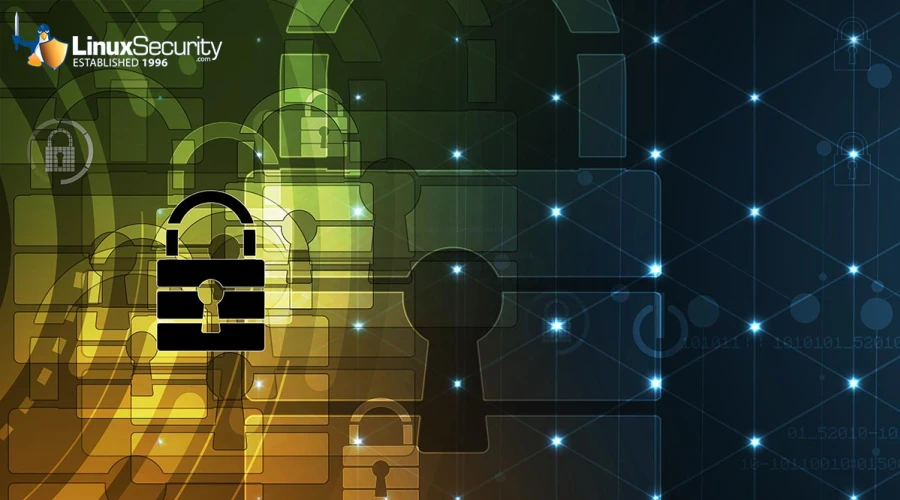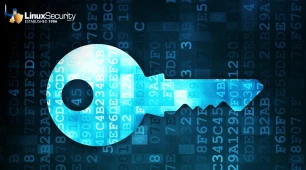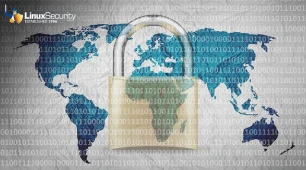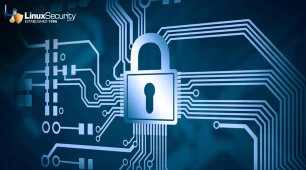
It is a common belief among Linux users that antivirus software is unnecessary. Many long-time Linux users have never encountered viruses or malware on their Linux desktop.
Understanding the distinction between being vulnerable on a network and being vulnerable to viruses and malware is crucial. While Linux systems still have vulnerabilities and are susceptible to network attacks, the strict permission-based nature of Linux mitigates the risk of viruses and malware. But are you completely safe without using antivirus software on Linux? Let's examine whether antivirus software is necessary for robust Linux security.
Is Antivirus Necessary on Linux? How Secure Am I Without It?
 The concept of permissions is one of the main reasons Linux users generally feel secure without antivirus software. In Linux, an application or piece of software cannot be installed without explicit permission from the user. Even if a malicious file is downloaded onto a Linux system, it will not have executable permission by default, minimizing the risk of it causing harm. This permission-based system provides an additional layer of protection compared to other operating systems like Windows, where malware can easily execute without user consent.
The concept of permissions is one of the main reasons Linux users generally feel secure without antivirus software. In Linux, an application or piece of software cannot be installed without explicit permission from the user. Even if a malicious file is downloaded onto a Linux system, it will not have executable permission by default, minimizing the risk of it causing harm. This permission-based system provides an additional layer of protection compared to other operating systems like Windows, where malware can easily execute without user consent.
However, Linux users are not entirely immune to malicious software. The multiple avenues for software installation in Linux, such as third-party repositories and source code downloads, can introduce potential risks. It is crucial for users to exercise caution and install software only from reputable sources. This raises questions about the trustworthiness of various software channels and the measures users should take to ensure the integrity of their Linux systems.
What Are the Implications of This Discussion?
The implications of this discussion are significant. Security practitioners, Linux admins, and infosec professionals must critically analyze their safety and consider the broader implications for their own practices. Linux users should remain vigilant, especially regarding potential vulnerabilities introduced by third-party repositories or unrecognized source code.
Moreover, the risk of Linux users unintentionally becoming transmitters of viruses or malware must not be overlooked. If a Linux user receives a malicious file and forwards it to a Windows user, it could severely impact the Windows user's system. This prompts questions about the responsibility of Linux users to protect their own systems and prevent the inadvertent spread of malware to others.
How Can I Fortify My Linux Systems with Additional Security Measures?
To address these concerns, Linux users should implement additional security measures. Although we believe antivirus software is unnecessary for Linux desktops, we recommend installing a mail scanner like ClamAV to scan attachments before forwarding them to others. Additionally, we suggest using browser extensions like uBlock Origin to protect against malicious web pages and ads. These suggestions underline the importance of a multi-layered approach to security and the need to adapt to evolving threats.
Our Final Thoughts on Antivirus Software for Linux Users
We aim to challenge the notion that Linux users do not need antivirus software. It is essential for security practitioners to evaluate the risks and implications for their specific environments critically. By understanding the nuances of Linux security and staying informed about emerging threats, Linux admins, infosec professionals, and sysadmins can make strategic decisions to protect their systems and the wider community.



















